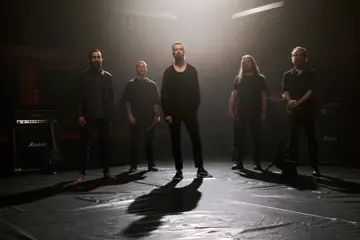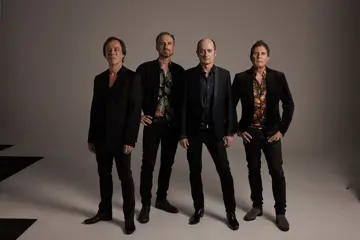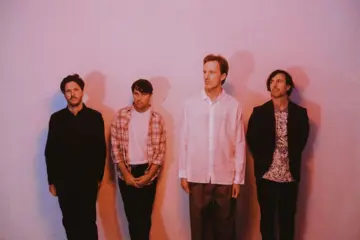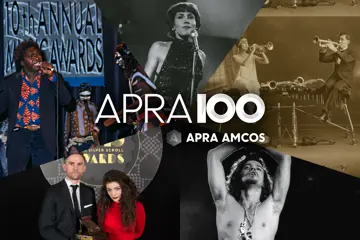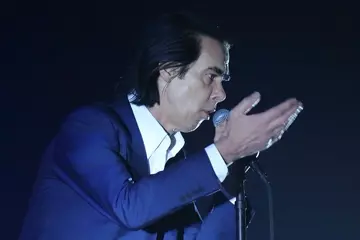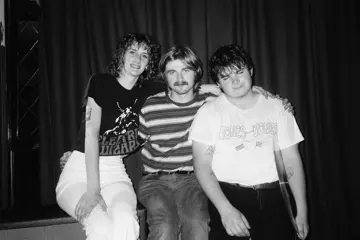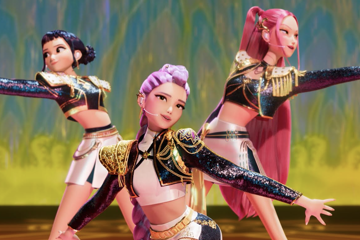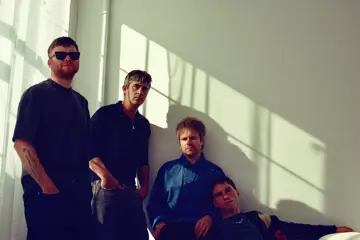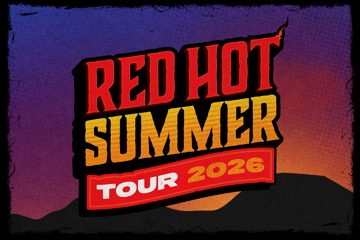On Monday, Labor came out of the blocks with its $22 million contemporary strategy, Music Works. CEO of Music Victoria, Patrick Donovan looks at the issues.
So what does this mean for the industry?
Well, it’s a massive commitment to the contemporary music industry, which has largely been well thought out and well received by that industry.
By announcing it on the first day of the election, it has put contemporary music front and centre as an election issue, just below education, health and public transport.
Any funding should be considered as an investment by the state – not a handout. Along with the broadcast and entertainment industry, contemporary music is the major economic arts driver, and it’s vital that governments support creative industries as traditional manufacturing industries decline.
Music Works is a comprehensive package that directly supports artists through recording grants, touring, mentoring and export strategies while also assisting engineers, venues and festivals.
It’s a huge boon for artists, which is so important in 2014 when income is declining because of the collapse in recorded music sales and paltry returns from streaming.
In all, $8 million will be dedicated to the program for touring, music festivals, music tourism, community programming, sound and light engineers, advertising and transport. This will assist the next generation of quality acts, just as it gave an important leg up to Dan Sultan, The Drones, Dan Kelly and Sophia Brous through Victoria Rocks grants last decade.
"Any funding should be considered as an investment by the state – not a handout."
There will also be Quick Response Grants, following the lead of WA and NSW governments which appreciated the dynamic nature of the industry and the need for quick funds without the red tape to assist artists in accepting career-defining opportunities. Some recent examples of this include when Courtney Barnett was invited to perform to a worldwide audience for 25 million people on the Tonight Show Starring Jimmy Fallon in New York, and when last year’s Age Music Victoria Awards Best Emerging Act, Hiatus Kaiyote, were nominated for a Grammy Award but couldn’t attend the ceremony.
Just last week, the manager of one of Victoria’s hottest rock bands, Money For Rope, contacted the office looking for urgent funds to help send them to India for an exciting opportunity to tour at short notice.
The package also supports mentoring and career development, music in regional Victoria, dollar-for-dollar grants to venues to manage problems with encroachment from neighbours, poor acoustics and dodgy PAs and establishes the Music Passport for exports, which is essential as Victorian artists were starting to lag behind artists from other states with strong music export policies.
Big acts brought to Australia with assistance from the Victorian Government will also be required to tour with support from local emerging bands, and $400,000 will go to develop the tourism potential of Victoria’s musical heritage for projects such as new signage for culturally significant locations and tours of Melbourne venues.
The Music Market is an exciting initiative to bring the industry together under one roof. We see lots of merit in its multi-purpose roles as an education centre for professional development, exhibition and performance space, music development office to drive jobs, best practice and investment, and the celebration our rich heritage through a Hall of Fame.
It’s important that they come up with a business model to ensure that the Hall of Fame is a dynamic multi-media hub with a strong education focus (think Scienceworks) in a central position with good public transport to ensure high visitation. And we also want to ensure that the hub doesn’t offer services that could compete with local small businesses.
The package does are appear to be focused on ‘’rock’’, which is a bit ‘90s, and it’s important that it supports all contemporary music genres that make up our wonderfully diverse scene in 2014.
While dedicating a proportion of grant money to regional acts, it seems a bit Melbourne-focused and doesn’t specifically address urgent needs in regional areas outlined in our Regional Action Plan, which addresses the need to stimulate the regional touring circuit and capitalise on our work with regional councils.
Music Victoria also sees the need for industry and the state government to consider a longer term strategy for industry development, with sector targets in sector size and economic contribution, jobs, national market share and retention of intellectual property royalties in Victoria.
Music Victoria invested heavily earlier this year in consulting with the industry and developing an industry outlining the priorities and directions of the sector. Should Labor win the election, we hope that it will engage, listen and respond to the sector in setting priorities and developing programs, rather than impose a top-down approach.
"The live music capital of Australia deserves and needs a strong independent voice to represent industry to government."
Music Victoria is happy with the response from four out of the five political parties that have now responded to Music Victoria’s State Election Report Card, which marks the parties’ support for the peak body’s 18 recommendations, three weeks out from the election.
We are now eagerly waiting on the Coalition’s package. The historic reforms delivered by the Coalition Government through the Live Music Roundtable over the last four years cannot be underestimated. Collectively, the Agent of Change Principle, the $500,000 Acoustic Attenuation Program, the deregulation of All Ages Gigs, the Building Code exemption, funding for Music Victoria this year and the Live Music Best Practice Guide not only cement Victoria’s place as the Live Music Capital of Australia, but have cities such as New York and London looking to us as leaders for best practice.
At the very least, we would like the Coalition to re-instate a dedicated pool of funding for contemporary artists that includes Quick Response and Export Grants along with recording and touring, and fund our Regional Action Plan.
And we need it to guarantee Music Victoria’s funding for four years. We have a proven track record over the last four years of working co-operatively with the Government to deliver great results for the sector and state. The live music capital of Australia deserves and needs a strong independent voice to represent industry to government.
Representatives from the parties, including the Minister for Liquor Regulation, Edward O’Donohue, and the Shadow Minister for the Arts, Martin Foley, will outline their track records and music policies for this year’s election in a panel called Vote For Me! The Parties Bring It! at the Face the Music Conference 14 Nov. Come along, hear what they have to say and ask some questions.
Whatever the result on 29 Nov, we look forward to continuing to represent the sector and working through the detail with any future government.
Don't miss a beat with our FREE daily newsletter




